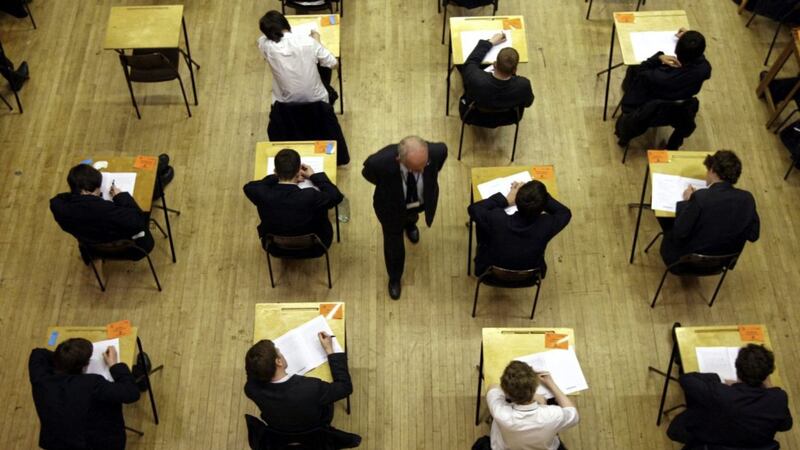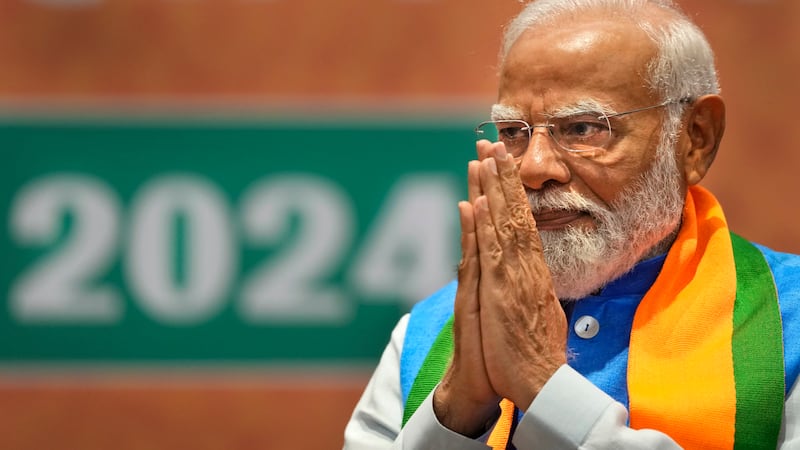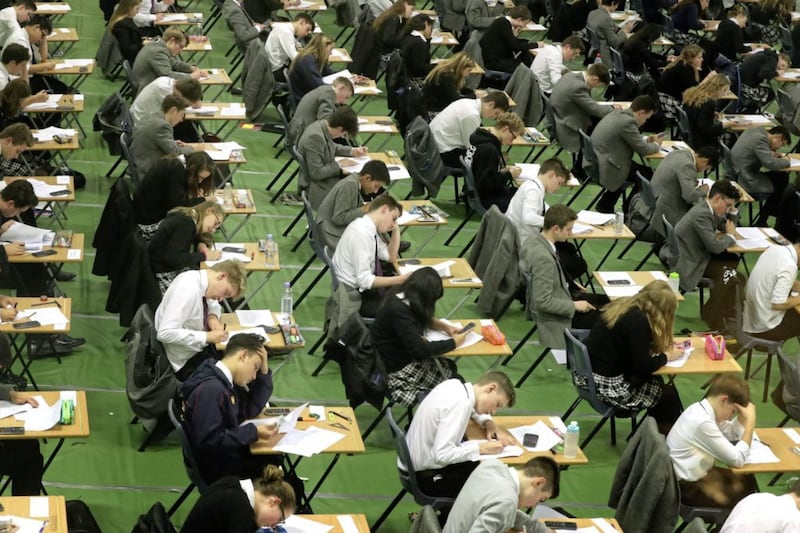INSPECTORS have launched a probe into why too many pupils are being denied the chance to sit exams.
Hundreds of young people are being excluded from GCSEs every year, meaning they are invisible from government statistics designed to gauge performance.
About 1,600 in Year 12 last year, the majority of them in non-grammar schools, did not take a single GCSE.
In her last annual report, chief inspector Noelle Buick said the criteria for the permitted exclusion of pupils from examinations data "needs to be the subject of further investigation and research".
School leadership, she said, "needs to act with integrity in order to be transparent with all stakeholders with regard to how many pupils are declared ineligible from inclusion in their statistics when they are being quoted for accountability, publicity or any other purposes".
Only pupils who sit exams are included in Summary of Annual Examination Results (SAER) returns and, therefore, official GCSE pass rates. Ineligible pupils are not included in these statistics, which are used to compile performance tables.
However, it has long been claimed that schools remove poorer-performing pupils from exams to prevent pass rates from being affected adversely.
Counting every young person, whether they sat GCSEs or not, would see pass rates fall.
Pupils can be ineligible for reasons including serious illness, including mental health issues, and pregnancy. They can also be excluded if they transfer schools, have a statement of special educational needs or "serious welfare issues".
In her report, Ms Buick said the numbers being declared ineligible was "too many". The 1,600 reported equated to about 7 per cent of all pupils, which she said was "akin to a large post-primary school".
The numbers of ineligible pupils can vary considerably across schools. In some cases, more than one quarter of GCSE-age pupils do not sit exams.
A working group was formed in January 2014 with a remit to reviewing SAER ineligibility criteria, but it did not report.
Now, the Department of Edcuation has confirmed that the Education and Training Inspectorate is "undertaking an evaluation of the effectiveness of policies on examination entry practice".
"The report will publish in due course," a spokeswoman said.




